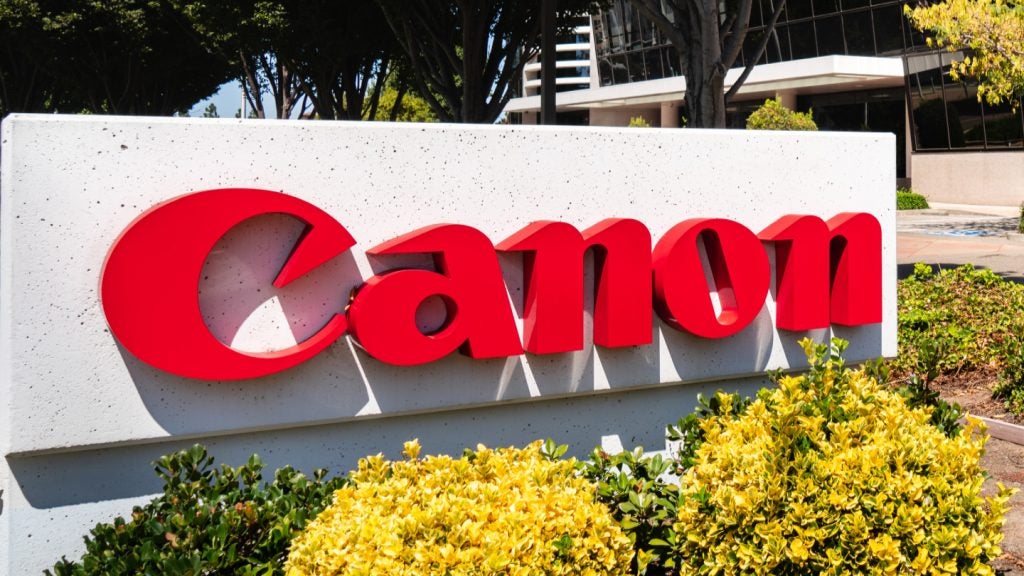The US Food and Drug Administration (FDA) has granted clearance to Spirair’s delivery system for its implant to correct nasal septum deviation, with the company now eyeing commercialisation efforts for the device for 2024.
The SeptAlign system authorisation follows the clearance of the implant itself in August 2023. The minimally invasive device is used to straighten minor cartilaginous septal deviation.
Nasal septum deviation is widespread and one of the most common causes of nasal airway obstruction. Patients with this condition, who have difficulty breathing through the nose, mostly use over-the-counter medications or, in some cases, undergo surgical interventions such as septoplasty.
The bioabsorbable implant can be administered as part of standard septoplasty techniques in various settings, including the office or mobile surgery centre. The implant is designed to hold the straightened septum under tension for around six months, at which point it dissolves.
Spirair bases its treatment on previous evidence in rabbits that indicates cartilage can maintain its new shape after being held under tension by an absorbable device.
The device is being investigated further in two US clinical trials with patients enrolled experiencing nasal airway obstruction symptoms.
In the same statement announcing FDA clearance, the company said it expects to begin a Series B fundraising round soon in addition to kickstarting commercialisation activities this year.
Spirair’s CEO Benjamin Bishop said: “SeptAlign is a minimally invasive treatment that can be safely and conveniently performed under local anaesthesia and enables ENTs to expand their treatment options for more patients.”
Also in the space is Aerin Medical, which has a system that remodels nasal cartilage and soft tissue via temperature-controlled radiofrequency. The technology, called VivAer, was CE-marked in 2016 and FDA-cleared a year later in 2017.
Aerin Medical conducted a four-year clinical study that reported significant improvement in nasal breathing. Last year, the US-based company touted additional positive data from its AERWAY trial for patients with severe or extreme nasal airway obstruction due to nasal valve collapse.
Note: The ninth paragraph was updated to clarify that VivAer remodels instead of removes cartilage.













